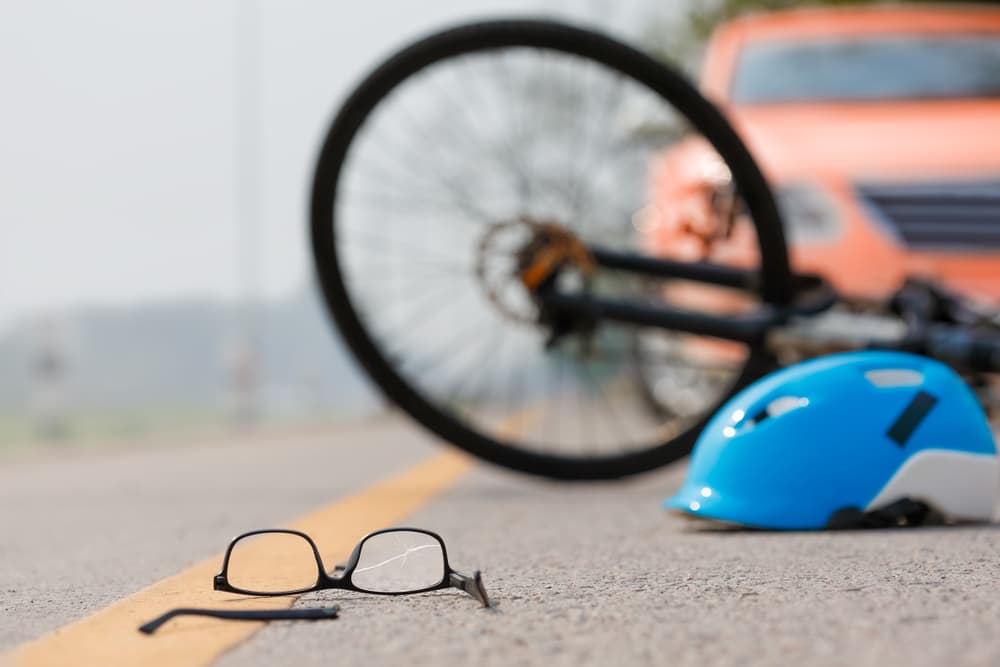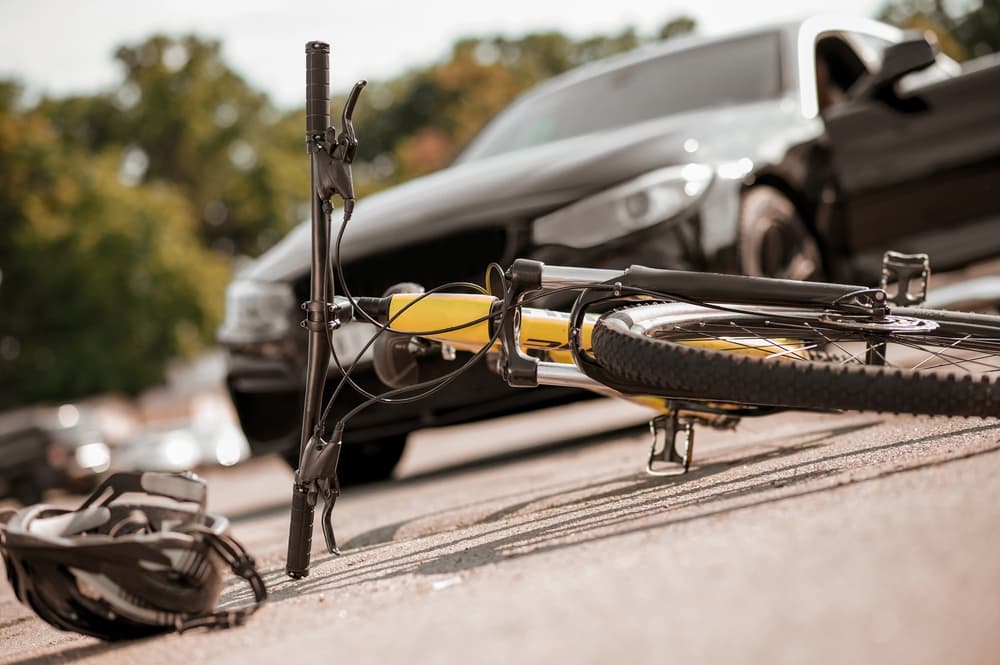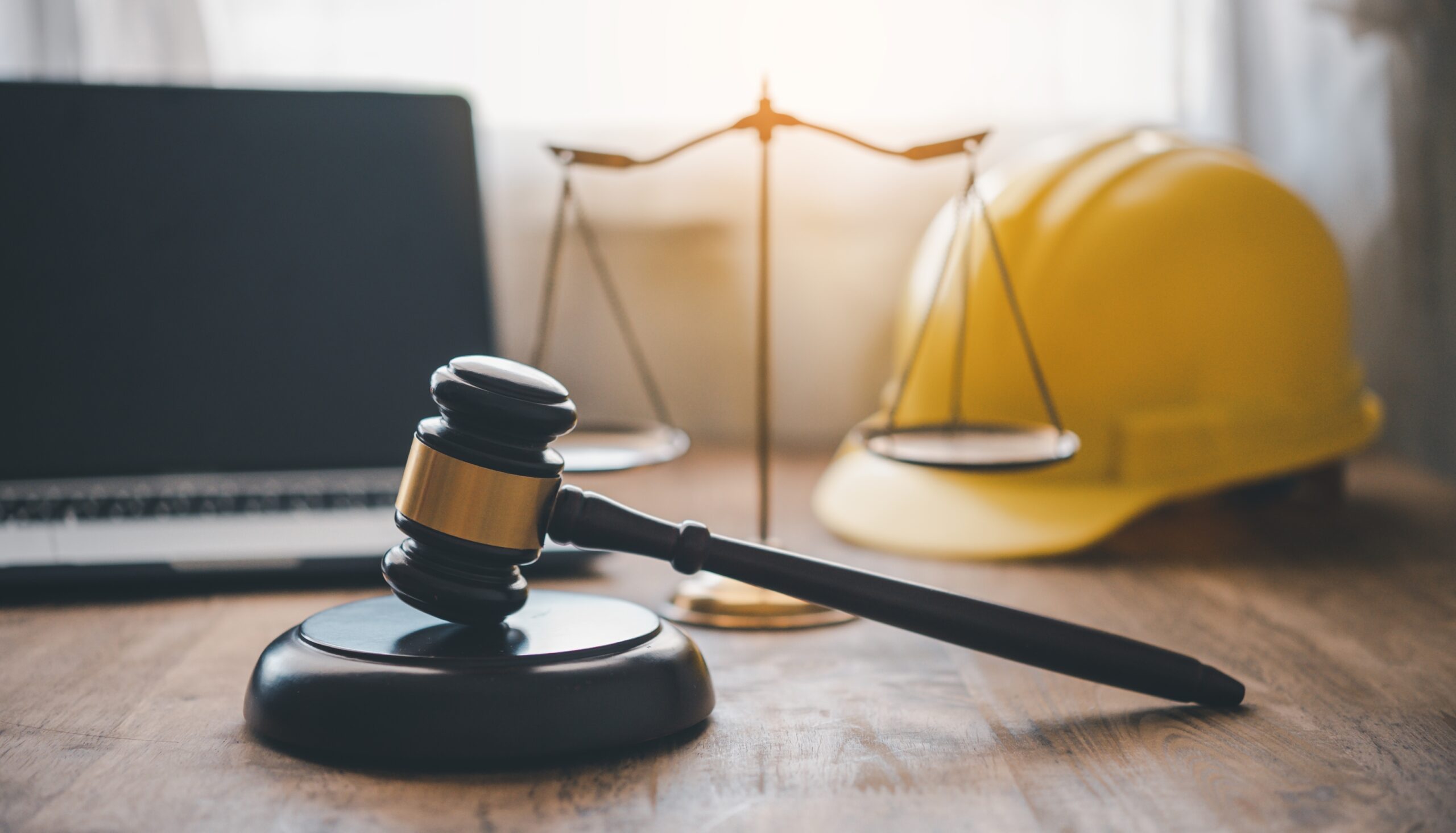If you’ve been struck by a vehicle while cycling, you’re not alone in wondering whether you have legal recourse. The short answer is yes; you may pursue legal action against the driver who hit you. Hiring a lawyer is a logical first step in seeking the compensation you deserve.
You might not have to sue. A lawyer may secure the money you need and deserve through one or more insurance claims. Each option has benefits and drawbacks; your bicycle accident attorney will help identify the best course of action for you.
How to Begin Moving Forward After Your Bicycle Accident
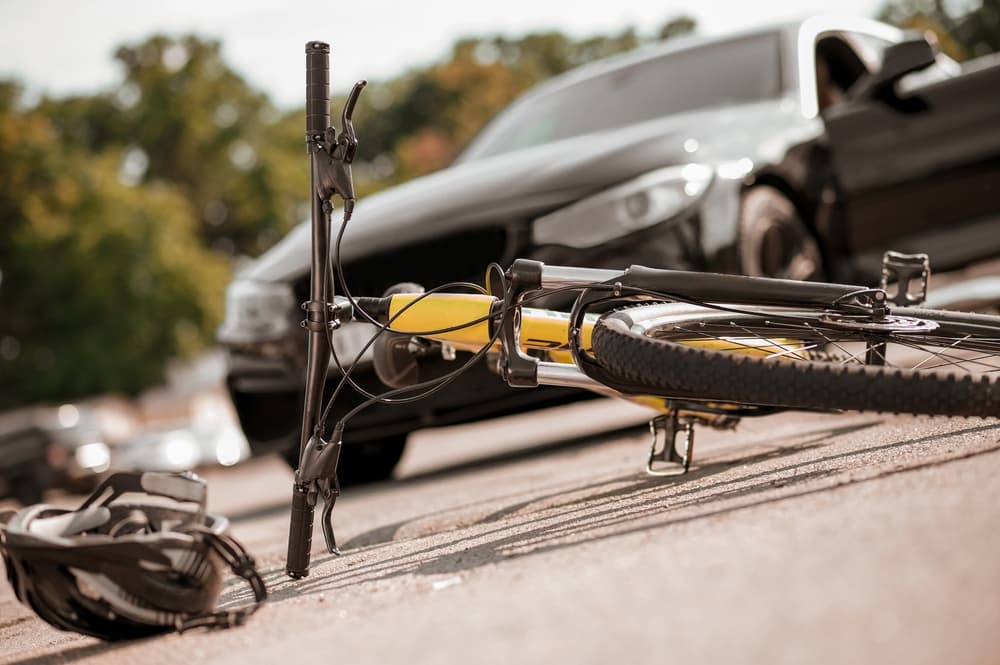
Every bicycle accident case is unique, with its own set of circumstances, injuries, and challenges. However, the common thread among successful cases is prompt legal action that preserves evidence, protects your rights, and ensures that all responsible parties are held accountable for their role in causing your suffering.
Do not underestimate how valuable a bike accident lawyer will be to you. Your lawyer’s goal will be to help get a fair financial sum for existing damages and set you up for long-term recovery and stability.
Legal representation can help you understand your options, protect your interests, and work toward the compensation you need to move forward with your life.
Claim or Lawsuit: Which Choice Is Right for an Injured Cyclist?
The decision between filing an insurance claim, pursuing a lawsuit, or doing both depends on several factors your attorney will evaluate based on your specific circumstances and goals.
Insurance claims typically move faster and require fewer formal procedures, but they’re limited by policy coverage amounts and the insurance company’s willingness to value your claim fairly.
Lawsuits can provide access to more compensation because there are no policy limits capping your recovery, but lawsuits generally require more time and resources.
Both approaches may be appropriate when insurance coverage is insufficient to address your losses or the insurance company refuses to negotiate in good faith.
Your case strategy will depend on factors including the severity of your injuries, available insurance coverage, the clarity of liability, and your personal preferences about timing and risk tolerance.
Your attorney will recommend the approach that best serves your interests while keeping all options open as your case develops and more information becomes available.
How Does an Attorney Help With Bicycle Accident Cases?
A lawyer performs the services that most accident victims cannot effectively handle alone, particularly while dealing with injuries and trauma from their collision. These services include:
Evidence Collection
A bike accident lawyer’s investigative process often involves:
- Accident scene documentation with photographs and measurements
- Witness interviews
- Police report analysis
- Medical record collection
- Expert witness coordination
The investigation will begin immediately. Your attorney will collect and assemble all evidence that may benefit them during settlement negotiations, mediation, or trial.
Medical Documentation and Coordination
Documenting your injuries will require careful coordination with your healthcare providers. Your medical records and testimony from providers should create a clear record of causation linking your injuries directly to the accident.
Negotiations with Liable Insurance Providers
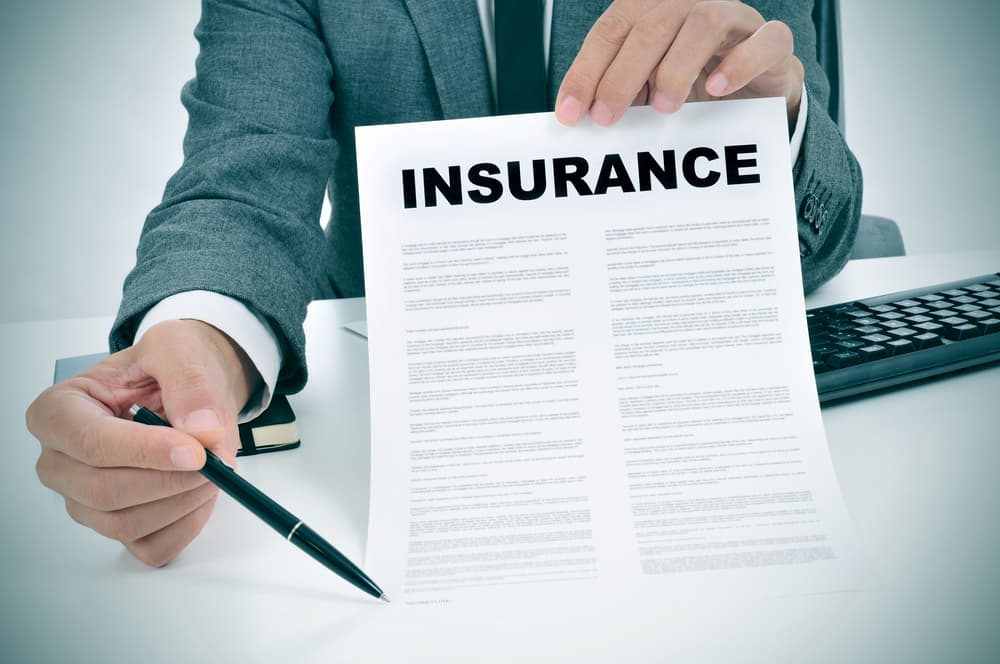
Your attorney will manage the claims process from start to finish, and that process often involves:
- Policy analysis to understand available coverage
- Submitting your claim promptly and with all necessary details and documentation
- Protecting you from any bad-faith tactics insurance providers employ during your claim
- Settlement negotiations with liable insurance companies
Insurance companies have teams of adjusters and lawyers working to minimize their payouts. Your attorney will counter these attempts to underpay you, fighting tirelessly to secure the money you deserve.
Trial Preparation and Representation
Experienced bicycle accident lawyers embrace the possibility of trial in each case they handle. This means they are prepared if and when liable parties refuse to offer a fair settlement.
Trials tend to be expensive and time-consuming, which is one reason why most civil matters (including bike accident cases) settle before going to court. However, a trial can be the right strategy for some injured riders, and a client-focused attorney never rules a trial out.
What Does the Cyclist Do After Hiring an Attorney?
Your active participation may significantly impact the success of your legal claim, and understanding your role helps ensure the best possible outcome while you focus on healing from your injuries. While your lawyer fights, you should:
Be Available
Open communication with your legal team creates the foundation for a successful case. Do your part in establishing strong two-way communication by:
- Answering your legal team’s calls and promptly returning them when you can’t answer right away
- Responding to emails with requested information or documentation
- Attending scheduled meetings like depositions and medical examinations
- Giving your lawyer updates about changes in your condition or circumstances
- Asking questions when you don’t understand aspects of your case (answering your questions is part of a lawyer’s responsibilities, so don’t hold back)
Your legal team needs your input and cooperation to build the strongest case on your behalf.
Follow the Recovery Plan
Following medical advice strengthens your case and supports your recovery. Medical compliance includes attending all appointments with treating physicians and specialists and following treatment plans exactly as prescribed by healthcare providers.
Be Slow to Throw Things Away (Keep Evidence)
Your role in preserving evidence helps build a comprehensive record of your bike accident, recovery process, and recoverable damages. Effective evidence preservation can include:
- Saving all documents related to your accident, medical care, and insurance communications
- Taking photographs of your injuries as they heal and any visible scarring
- Keeping receipts for all accident-related expenses and out-of-pocket costs
- Maintaining records of missed work days and lost opportunities
- Preserving damaged property, including your bicycle and safety equipment
This documentation helps form a clear and complete picture of how the accident has affected your life.
Choose Silence in Most Case-Related Matters
Being mindful of your public communications protects your case from misinterpretation. Avoid posting about your accident, injuries, or legal case, and be careful about taking or publishing photos or videos that might contradict your claimed limitations. Do not discuss your case with anyone except your legal team, either.
By following this advice, you will do your part in acquiring any settlement or verdict your attorney eventually delivers to you.
Your Recoverable Damages Will Be of Great Interest to Your Bicycle Accident Attorney
The financial impact of a bicycle accident extends far beyond the initial medical treatment, pain, and obvious financial impact. A more extensive account of your accident-related damages might include:
Medical Expenses
Healthcare costs form the foundation of most bicycle accident claims and often represent the largest category of damages. Recoverable medical expenses include:
- Emergency room treatment and ambulance services
- Hospital stays and surgical procedures
- Specialist consultations with orthopedists, neurologists, and other experts
- Physical therapy and rehabilitation services
- Medical equipment like wheelchairs, braces, or prosthetics
- Future medical care for ongoing treatment needs
- Prescription medications and pain management
- Mental health counseling for trauma and adjustment issues
These services and costs often pile up quickly because bicycle accidents frequently result in complex injuries requiring extended care, including but not limited to traumatic brain injuries (TBIs) and harm to vital organs.
Lost Income and Earning Capacity
Income losses can be an immediate financial crisis for many cycling accident victims. In addition to the loss of income that’s tied to your production (whether it’s an hourly wage or other type of income), you might lose commissions, overtime pay, bonuses, promotions, and other professional benefits because you suffered an injury, traumatized, or both. Experienced San Mateo Personal Injury Lawyers can help you pursue compensation for these financial setbacks, ensuring your rights and future are protected.
Property Damage
While these amounts may seem small compared to medical bills, property losses represent tangible damages that deserve compensation. From vehicle repairs to the replacement of sunglasses mangled during the wreck, your lawyer will identify all property-related expenses that entitle you to compensation.
Pain and Suffering
These non-economic damages acknowledge that your losses are not solely the ones that a bill, invoice, or bank statement can easily measure. Pain and suffering compensation addresses:
- Physical discomfort and chronic pain
- Emotional trauma and anxiety
- Loss of enjoyment in cycling and other activities
- Reduced quality of life
- Disfigurement and scarring
- Fear of cycling or driving
- Certain other non-economic challenges
These damages recognize the profound impact that serious injuries especially traumatic brain injuries and the trauma inflicted the moment an accident happens can have on the victim, which is why consulting a skilled California brain injury attorney can be necessary.
More Reason to Hire a Lawyer: The Specific Challenges That Bicycle Accident Cases Present?
Bicycle accident cases often come with unique obstacles that an experienced attorney will hurdle for you especially when you consider factors like traffic patterns and high-risk areas, such as where do bicycle accidents occur in San Francisco and those challenges can include:
Widespread Bias Against Cyclists
Many are quick to advise cyclists about how they can avoid accidents. However, no amount of rule-following can adequately protect a cyclist from a reckless driver, poorly lit city streets that endanger bikers at night, or other hazards outside of their control.
Yet, anti-cyclist bias can influence how insurance adjusters, jurors, and law enforcement officers view accidents like yours. Common biases that might interfere with a fair financial recovery in your case are:
- Assumptions about cyclist behavior (perhaps that they are reckless or unpredictable)
- Suggestions that cyclists don’t belong on the same roads as motor vehicles
- Unfavorable stereotypes about cycling culture
- Victim-blaming attitudes that assume cyclists caused their own injuries
- Minimization of cyclist injuries
Experienced bike accident attorneys understand how to counter misconceptions about cycling and road rights through education, evidence, and a clear recounting of the details of your unique accident.
Difficulty Preserving Evidence
Bicycle accidents can produce less physical evidence than vehicle-to-vehicle collisions, and documenting your crash may become even more difficult if:
- Limited vehicle damage doesn’t reflect the actual severity of the crash
- Evidence at the scene gets cleaned up quickly
- Weather conditions obscure skid marks and taint other types of evidence
- Few or no witnesses are available, perhaps because the accident occurred in an isolated area
You can account for these evidence-specific challenges by hiring your attorney as soon as possible.
Unethical Insurance Company Tactics
From lowball settlement offers to the questioning of medical treatment as excessive or unnecessary, and dragging out negotiations to put the rider under financial pressure, there are countless ways for insurers to try to underpay injured cyclists highlighting why it's important to know what should I not tell my insurance company after an accident.
Complex Medical Issues
Bicycle accidents frequently cause injuries that require specialized medical understanding and long-term care projections. Your lawyer will lean on experts to better understand your injuries, document your symptoms and treatment, and determine the full financial weight of your accident-related ailments.
These challenges will be familiar to any attorney who has represented riders for years. Like any professional who has often dealt with a specific type of adversity, expect your lawyer to overcome these obstacles with skill, composure, and efficiency.
The Contingency Fee Structure Allows You to Hire Your Lawyer Right Now Without Concern
The contingency fee arrangement removes financial barriers that might otherwise prevent injured cyclists from working with an attorney. This fee structure means there is:
No Upfront or Out-of-Pocket Costs for the Cyclist
The most immediate benefit of contingency representation is that you get legal representation without worrying about attorney fees. Though each firm has its billing practices, you can reasonably expect:
- No hourly legal fees
- No retainer that you have to pay
- No ongoing billing during your case
- No additional costs if your case takes longer than expected
This arrangement means you can retain legal representation immediately without worrying about attorney fees.
Complete Alignment Between Your Attorney’s Interests and Your Own
Contingency fees ensure that your attorney is motivated to achieve the best possible financial outcome because their compensation depends on your success.
Find Your Bicycle Accident Lawyer Today
The path to recovery after a bicycle accident involves both physical healing and legal resolution, and having experienced legal representation allows you to focus on rebuilding your life one day at a time.
Every bicycle accident case is unique, with its own set of circumstances, injuries, and challenges. However, the common thread among successful cases is prompt legal action that preserves evidence, protects the rider’s rights, and ensures that all responsible parties are held accountable for their role in causing your suffering.
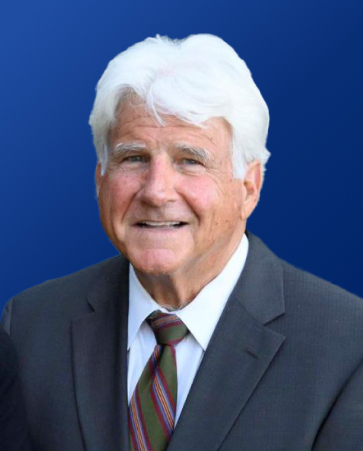
Do not wait to hire a proven, well-regarded bicycle accident attorney serving the location where your accident occurred. There are typically deadlines for filing cases like yours, and delay can only be detrimental to your case for fair compensation.
